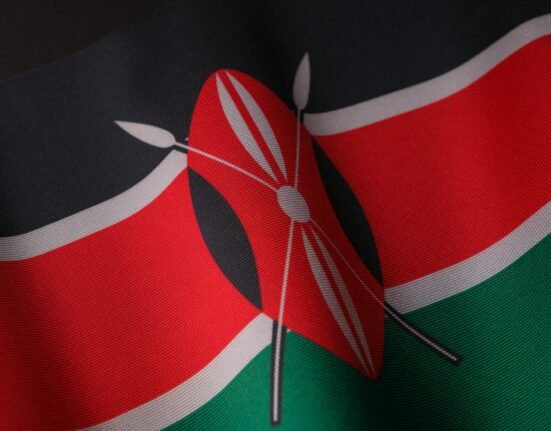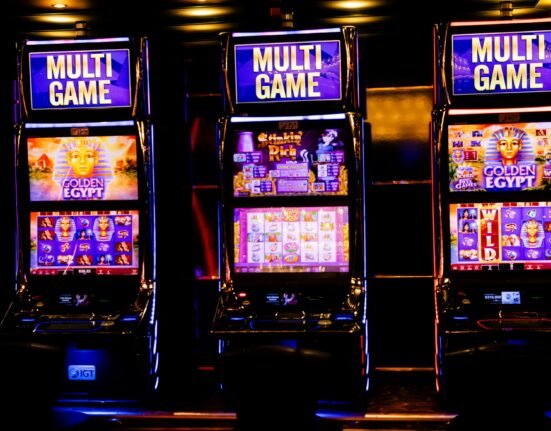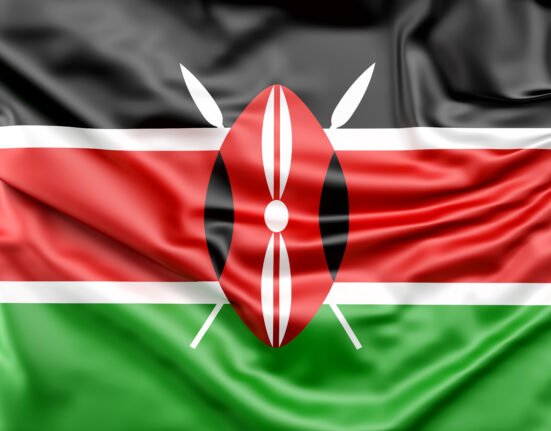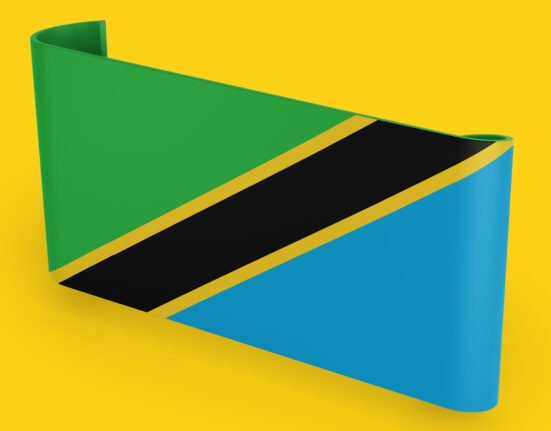FSGRN brands National Assembly’s proposal unconstitutional amid jurisdictional conflict
National Assembly Pushes Centralised Gambling Law Forward
Nigeria’s National Assembly is pressing forward with the Central Gambling Bill, a controversial piece of legislation that aims to overhaul the country’s gambling regulatory landscape by introducing a centralised, federal framework. Having passed its Third Reading, the bill proposes sweeping changes including the creation of a National Gaming Commission with authority to issue and revoke licenses across all sectors—online gambling, lotteries, and land-based casinos.
This federalisation move would effectively nullify the National Lottery Act of 2005 and consolidate all gambling oversight under a new centralized authority, sparking widespread legal and political pushback.
Fierce Opposition from State Regulators and FSGRN
At the forefront of the resistance is the Federation of State Gaming Regulators of Nigeria (FSGRN), which, along with several state governments, strongly opposes the bill. FSGRN argues the bill directly violates the 1999 Constitution of Nigeria, as well as a November 2024 Supreme Court ruling, which reaffirmed that gambling is a residual matter under state jurisdiction.
According to FSGRN, granting a national body regulatory power undermines the autonomy of Nigeria’s 36 states and disregards legal precedent. The Federation has called the proposed centralisation both unconstitutional and legally unenforceable, urging the National Assembly to reconsider the bill in light of existing judicial rulings.
Legal and Economic Implications for the Gambling Sector
If passed into law, the bill would not only invalidate existing state-level licensing regimes, but also disrupt ongoing business operations tied to state-authorised gaming ventures. Operators currently licensed at the state level could face re-evaluation or revocation under new national criteria, leading to legal uncertainty and possible business disruption.
Additionally, the bill’s centralisation contradicts the principles of federalism enshrined in Nigeria’s governance structure, raising constitutional questions that may ultimately be decided in court. For stakeholders, this uncertainty could discourage investment in what is otherwise considered one of Africa’s fastest-growing gambling markets.
Broader Regulatory Shifts in Africa’s Gaming Sector
Nigeria is not alone in its regulatory turbulence. In Kenya, the Betting Control and Licensing Board has enacted strict new policies banning celebrity and influencer endorsements in gambling advertisements and issuing a 30-day national advertising blackout earlier this year. These measures form part of a continent-wide push to address gambling-related harm and bring greater transparency to gaming promotions.
Conclusion: Centralised Control or Constitutional Crisis?
While the Central Gambling Bill aims to streamline regulation and enhance oversight in Nigeria’s burgeoning gambling sector, it has ignited a fierce constitutional debate that pits federal ambitions against state sovereignty. As the bill moves toward enactment, a legal standoff appears imminent—one that could reshape the future of gaming regulation not just in Nigeria, but across Africa’s evolving gambling landscape.























